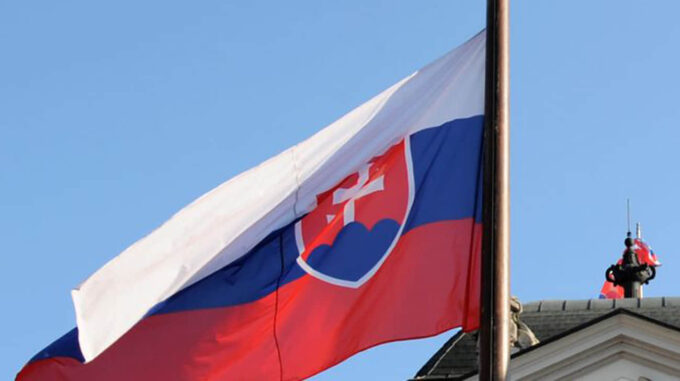In Slovakia, a resolution has been adopted that openly aims to protect the interests of the Russian Federation and prevent new sanctions from the international community

This decision has sparked widespread discussion among the country's political circles and highlights a deep rift in external policy attitudes and positions of the government and parliament. On June 5, the Slovak Parliament approved an important document — a resolution calling on the government to refrain from supporting any new sanctions or trade restrictions against Russia within international organizations and alliances. This decision indicates a shift in the rhetoric regarding sanctions policy, which was previously viewed as a necessary element to support European and global unity in countering Moscow’s aggression. The initiator of this resolution was the pro-Russian Slovak National Party (SNS), known for criticizing European sanctions measures and seeking to establish more favorable economic relations with Russia. This political force organized and submitted the document for parliamentary consideration. Its adoption caused considerable resonance within the political and civil circles of the country: activists advocating for the cancellation of anti-Russian sanctions gathered in the chamber, adding a further edge to the scene. According to the vote results, 51 out of 76 present deputies voted in favor of the resolution. Among them were all SNS representatives, the majority of deputies from the ruling party Smer-SD, some politicians from the coalition force Hlas-SD, and several independent deputies. Meanwhile, only one deputy — Ján Ferenčák from Hlas-SD — voted against, and over 23 parliamentarians abstained. The opposition forces boycotted the vote and did not participate. The main emphasis in the document is on the negative consequences of sanctions for Slovakia’s economy: the resolution notes that restrictive measures lead to increased energy prices, disrupt supply chains, complicate the competitiveness of Slovak industry, and harm citizens' well-being. The authors also concluded that any further expansion of sanctions could have disastrous effects on the Slovak economy and internal market. Within the framework of the document, the parliament called on the government to firmly defend national interests in foreign policy, avoid steps that negatively impact the economy, and oppose any international decisions potentially worsening the country’s internal economic situation. This document is the first of its kind within all European Union countries and demonstrates the growing frustration and disagreement among parts of the political spectrum with the "hard" sanctions policy against Moscow. After the vote, SNS leader Andrej Danko boasted: “This is a historic document, the first in the EU, which clearly states and contradicts the statements of the president regarding sanctions. It openly asserts that anti-Russian restrictions only harm the Slovak economy. Citizens have already expressed their position by gathering over 400,000 signatures — and the parliament has agreed with this.” Meanwhile, the country’s president, Peter Pellegrini, dismissed a petition by small political forces calling for a referendum on lifting sanctions. In early May, representatives of the far-right “Hnutie slovenského národného povstania” (Hlas) gathered the key number of signatures — 400,000 — and submitted them to the head of state. However, the president announced his intention to maintain his position and not support such a referendum, noting that responsible decisions are concentrated in other institutions. Prime Minister Robert Fico, as is well known, supports the idea of holding a referendum, which adds tension to internal political dialogue. Thus, the situation in Slovakia remains tense and dynamic. The issues of sanctions and the country’s foreign policy continue to be subjects of heated debate among politicians, citizens, and experts. At the same time, this resolution marks a new phase in internal political confrontation, indicating the increasing influence of pro-Russian forces and their active stance regarding anti-Russian sanction measures, which the majority in the EU still attempts to implement consistently.

